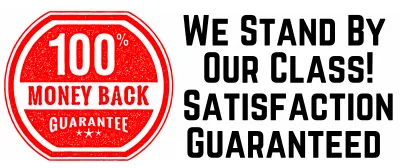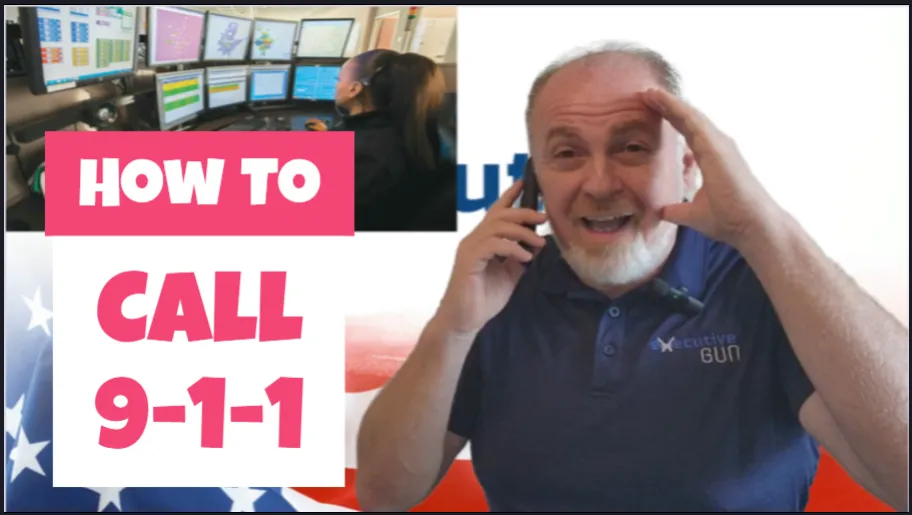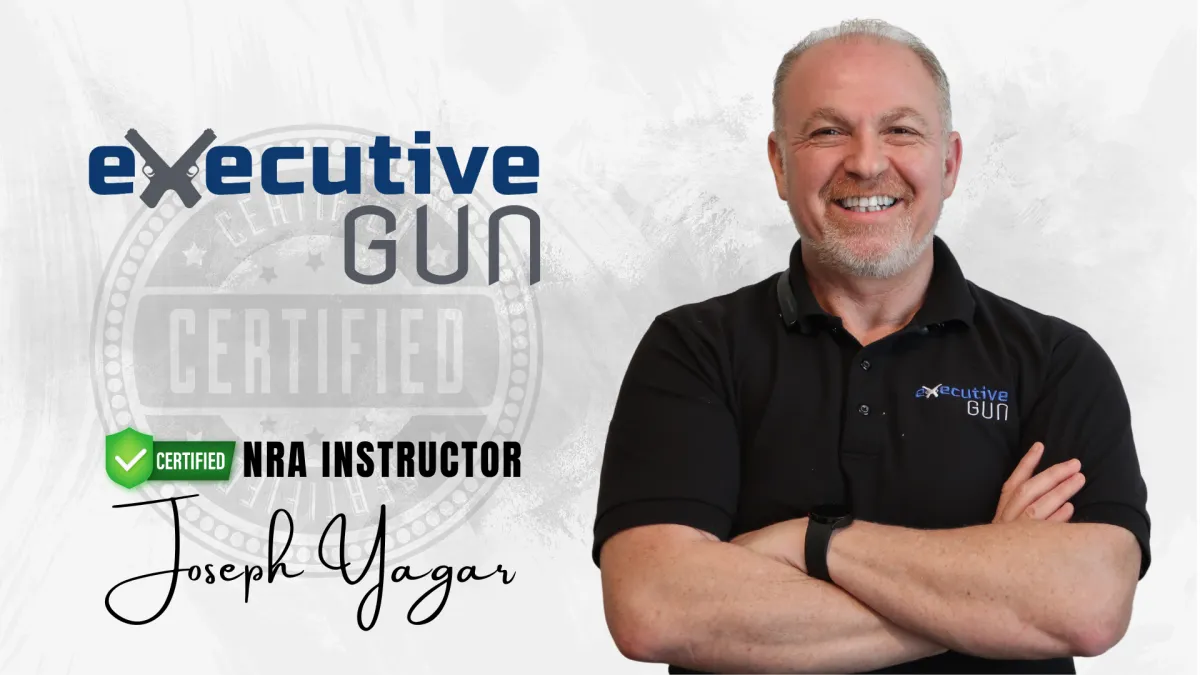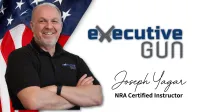

Blog
Tips, Training and News From Executive Gun

How To Make A 9-1-1 Call After A Self Defense Incident
“Hello? Yes, shots fired at 1791 2nd Amendment Avenue. Please send police and an ambulance. I was attacked by two people with knives and had to defend myself.
My name is John Doe. I’m a white male wearing a blue polo shirt and jeans. Please hurry.”
This is one call I truly hope I never have to make. However, I realize that if I don’t learn and practice how to make this call if I’m forced to, I will likely make things a whole lot worse for myself. Self-defense situations are high stress situations on a level most of us are not familiar with.
Our ability to think straight is greatly diminished. Talking too much and saying the wrong things, even unintentionally, is highly probable. That aspect alone can be the difference between going home and going to jail. Today, I will only cover the 9 1 1 call, not how to interact with law enforcement at the scene. If you’d like me to write a piece on how to interact with law enforcement, please let me know in the comments.
The first call to make after an incident, as soon as it is safe to do so, is the call to 9 1 1. The next should be to your lawyer. If you follow these steps and practice them regularly, you should have enough time to make both calls before police arrive.
That will accomplish two very important things. Number one, get law enforcement and paramedics out to you ASAP. And number two, get your legal defense in motion. You want to call 911 before your attacker does, as long as it is safe to do so. Why? Because if the attacker tells a story that makes you look bad, you’re on the defensive right away.
I know, it’s not fair, but that’s how the wheels of justice work, unfortunately. At the start of this article, I gave an example of how I would handle a 911 call. I provided the 911 operator with all the information needed, briefly and precisely.
My name. Location of the incident. The type of help I need (police and ambulance). A brief description of the incident, and a description of what I look like so law enforcement knows who I am when they get there. I then hang up. It is not illegal to hang up on 911. I do that for two reasons. First, I don’t want to talk too much. And second, I want to call my attorney before law enforcement gets there.
Keep in mind that 911 calls begin recording as soon as you dial and the ringing begins, not when the dispatcher picks up. So, watch what you say as you dial. Make sure to have your attorney’s number readily available or on speed dial. Make sure it’s a criminal trial attorney, not your drinking buddy or sister-in-law who’s a real estate or personal injury attorney.
And unless you have hundreds of thousands of dollars laying around waiting to be spent, I suggest you carry self-defense insurance from a reputable carrier, so your legal battle is covered from soup to nuts. If you carry any weapon for self-defense, be it pepper spray, stun gun, knife, or gun, this, in my opinion, is non-negotiable.
Here is a link to learn more about which self-defense insurance I carry and why.
You may be skillful with your firearm. You may be versed in your local and state laws. But if you mishandle that 911 call, it can negate much of that hard work. So, if you haven’t made the 911 call part of your training, it’s time.
Train Hard, Often, and SAFELY!
Subscribe to Executive Gun Blog and Get Notified When We Post a New Update, Training Trick Or Second Amendment News...

Get Your Florida Concealed Carry Permit With Executive Gun Today!!
Start Watching Our Free Florida Concealed Carry Masterclass™ Now and Get Certified Same day...
All rights Reserved. Copyright 2026 Executive Gun


